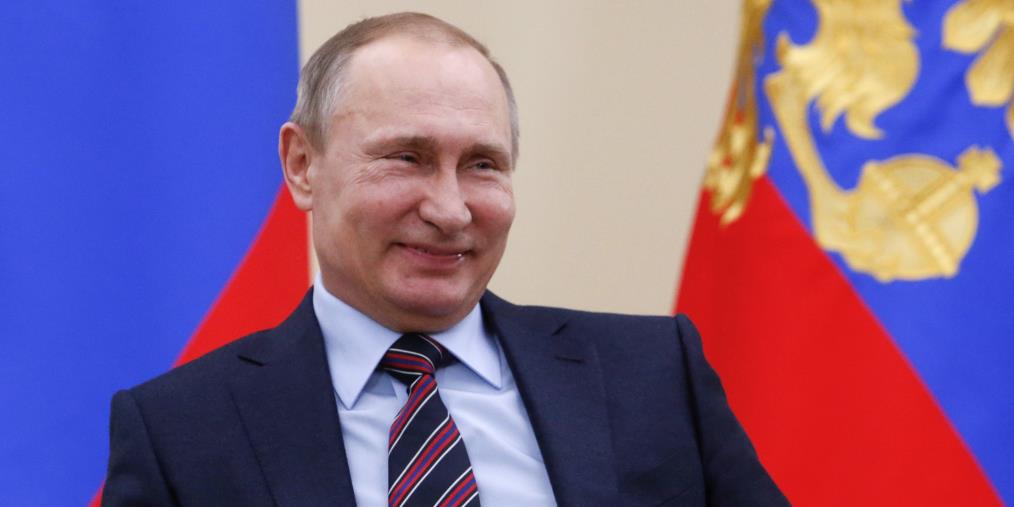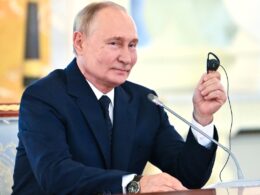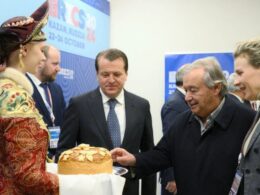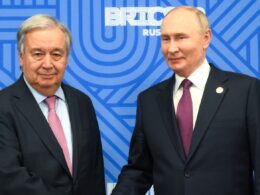Russian President Vladimir Putin continues to send mixed messages regarding potential peace negotiations with Ukraine. His rhetoric aims to portray Russia as willing to negotiate while also indicating an unwillingness to accept terms that don’t amount to Ukraine’s capitulation and destruction, according to ISW.
This comes as Ukraine’s President Zelenskyy presented his victory plan to European leaders, including points like NATO invitation for Ukraine, restoration of Ukrainian territorial integrity, further Western military assistance, and permission for long-range strikes deep inside Russia. Putin, on the contrary, aligns with the China-Brazil peace plan, which calls for a ceasefire but avoids explicitly condemning Russia or demanding the withdrawal of Russian forces from occupied Ukrainian territories.
During a meeting with media heads from BRICS member states in Moscow on 18 October, Putin claimed Russia was open to negotiations with Ukraine. However, he simultaneously asserted that Russia was “ready to continue this fight” and that “victory will be ours.”
Putin also claimed Russia needs to establish conditions for lasting peace while characterizing Ukraine as the aggressor in the war.
ISW interprets these conditions as limiting Ukraine’s ability to defend itself against potential future Russian aggression.
The Russian president used the BRICS meeting to promote alternative peace plans proposed by Brazil and China, which contain key principles favoring Russia. The ISW assesses that the Kremlin is not genuinely interested in good-faith peace negotiations with Ukraine.
Russia’s invocation of “peace plans” or “negotiations” is likely aimed at prompting Western pressure on Ukraine to make preemptive concessions regarding its sovereignty and territorial integrity.
President Zelenskyy criticized the China-Brazil peace plan for Ukraine, labeling it as destructive and pro-Russia. He emphasized that any peace effort must hold Russia accountable and respect Ukraine’s territorial integrity.
BRICS is an economic and political alliance comprising Brazil, Russia, India, China, and South Africa. It aims to foster cooperation among emerging markets and challenge Western-dominated institutions like the IMF and World Bank.
In September, Türkiye applied to join BRICS, aiming to expand its global alliances beyond the West while maintaining NATO membership. This move reflects Türkiye’s effort to diversify economic ties with countries like Russia and China and leverage its geopolitical position as a hub between Europe and Asia.
Related:
- French minister Barrot backs Ukraine’s victory plan, calls for other allies’ support
- NATO won’t invite Ukraine to alliance in short term despite Zelenskyy’s “victory plan” push
- Stoltenberg: NATO states should support Ukraine’s peace plan, not China’s
- China and Brazil push their peace plan for Ukraine, Zelenskyy dismisses it as pro-Moscow








